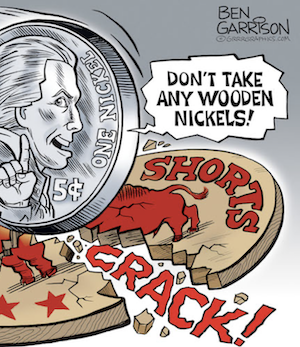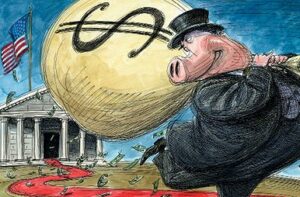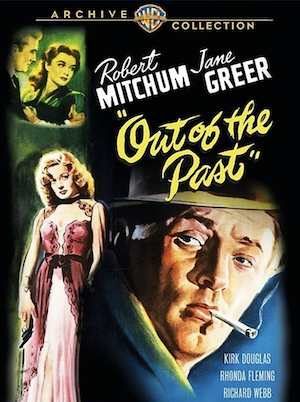 “Everywhere Rome was failing in her duties as mistress of the civilised world. Her own internal degeneracy was faithfully reflected in the abnegation of her imperial duties. When in any country the small-farmer class is being squeezed off the land; when its labourers are slaves or serfs; when huge tracts are kept waste to minister to pleasure; when the shibboleth of art is on every man’s lips, but ideas of true beauty in very few men’s souls; when the business-sharper is the greatest man in the city, and lords it even in the law courts; when class-magistrates, bidding for high office, deal out justice according to the rank of the criminal; when exchanges are turned into great gambling-houses, and senators and men of title are the chief gamblers; when, in short, ‘corruption is universal, when there is increasing audacity, increasing greed, increasing fraud, increasing impurity, and these are fed by increasing indulgence and ostentation; when a considerable number of trials in the courts of law bring out the fact that the country in general is now regarded as a prey, upon which any number of vultures, scenting it from afar, may safely light and securely gorge themselves; when the foul tribe is amply replenished by its congeners at home, and foreign invaders find any number of men, bearing good names, ready to assist them in robberies far more cruel and sweeping than those of the footpad or burglar’—when such is the tone of society, and such the idols before which it bends, a nation must be fast going down hill.
“Everywhere Rome was failing in her duties as mistress of the civilised world. Her own internal degeneracy was faithfully reflected in the abnegation of her imperial duties. When in any country the small-farmer class is being squeezed off the land; when its labourers are slaves or serfs; when huge tracts are kept waste to minister to pleasure; when the shibboleth of art is on every man’s lips, but ideas of true beauty in very few men’s souls; when the business-sharper is the greatest man in the city, and lords it even in the law courts; when class-magistrates, bidding for high office, deal out justice according to the rank of the criminal; when exchanges are turned into great gambling-houses, and senators and men of title are the chief gamblers; when, in short, ‘corruption is universal, when there is increasing audacity, increasing greed, increasing fraud, increasing impurity, and these are fed by increasing indulgence and ostentation; when a considerable number of trials in the courts of law bring out the fact that the country in general is now regarded as a prey, upon which any number of vultures, scenting it from afar, may safely light and securely gorge themselves; when the foul tribe is amply replenished by its congeners at home, and foreign invaders find any number of men, bearing good names, ready to assist them in robberies far more cruel and sweeping than those of the footpad or burglar’—when such is the tone of society, and such the idols before which it bends, a nation must be fast going down hill.
A more repulsive picture can hardly be imagined. A mob, a moneyed class, and an aristocracy almost equally worthless, hating each other, and hated by the rest of the world; Italians bitterly jealous of Romans, and only in better plight than the provinces beyond the sea; more miserable than either, swarms of slaves beginning to brood over revenge as a solace to their sufferings; the land going out of cultivation; native industry swamped by slave-grown imports; the population decreasing; the army degenerating; wars waged as a speculation, but only against the weak; provinces subjected to organized pillage; in the metropolis childish superstition, whole sale luxury, and monstrous vice. The hour for reform was surely come. Who was to be the man?”
A.H. Beesley, The Gracchi Marius and Sulla, 1921
NOTE: The Gracchi brothers were Roman reformers in the second century BC, about seven hundred or more years before the fall of Rome itself.








